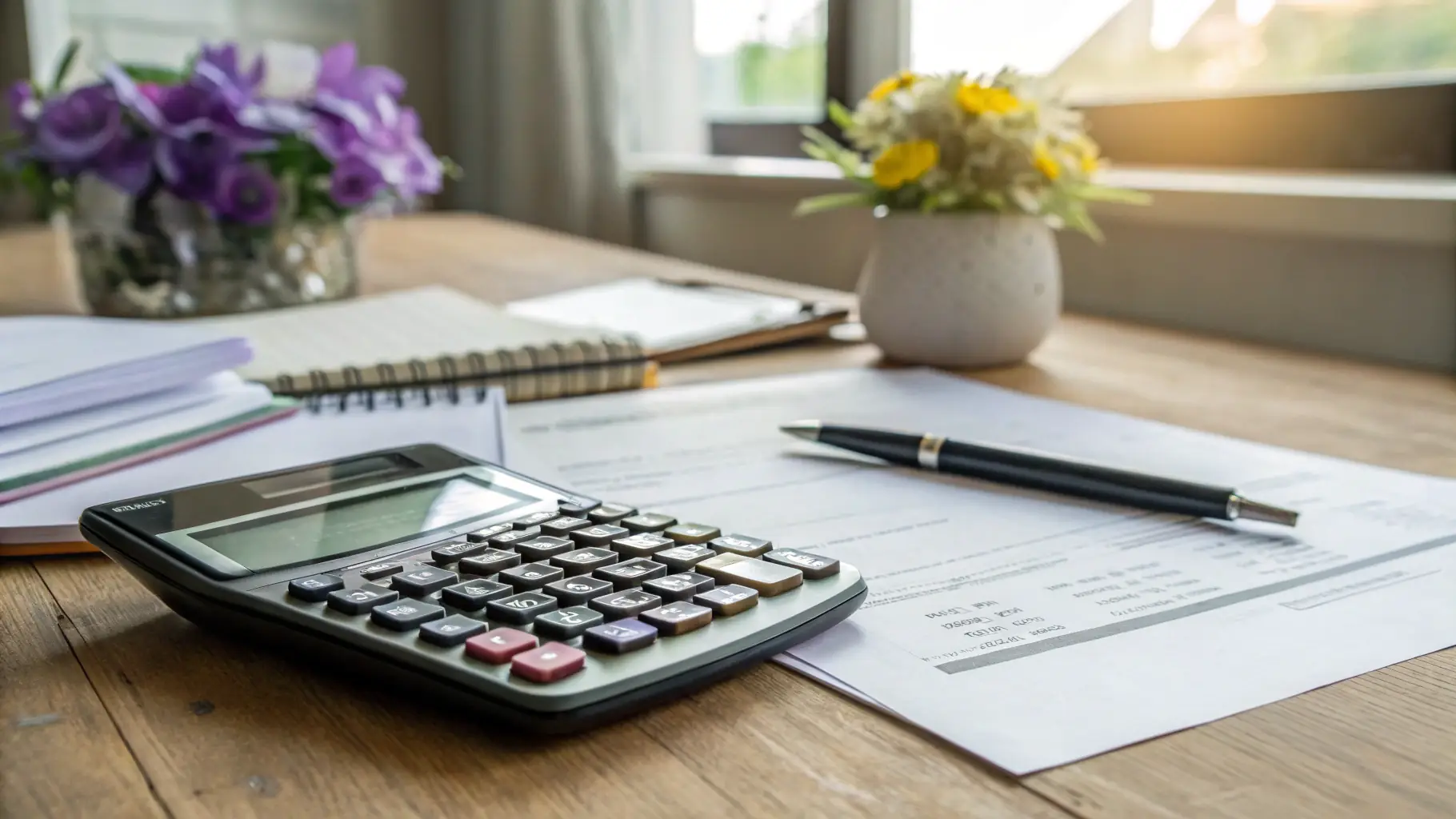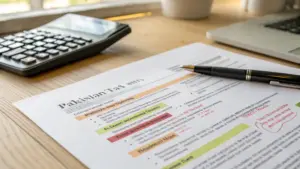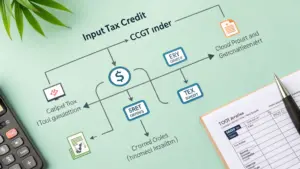Self-assessment tax returns are a crucial part of the UK tax system, requiring individuals to calculate and pay their taxes directly. Understanding the process is essential for avoiding penalties and ensuring accurate reporting. This involves gathering relevant financial information and accurately completing the necessary forms. The deadline for filing is a critical aspect to remember. Accurate record-keeping is paramount for successful self-assessment. Maintaining detailed records of income, expenses, and deductions is vital for calculating your tax liability. This includes receipts, invoices, and bank statements. Proper organization of these documents will streamline the process and minimize errors. Filing your self-assessment tax return on time is crucial. Late filing can result in penalties and interest charges. Understanding the deadlines and utilizing available resources, such as online tools and tax advisors, can help ensure timely submission. It’s also important to understand the different types of tax reliefs available to you.
Tax Tips for UK Residents
Understanding UK tax regulations can be challenging, but these tips can help you stay informed



